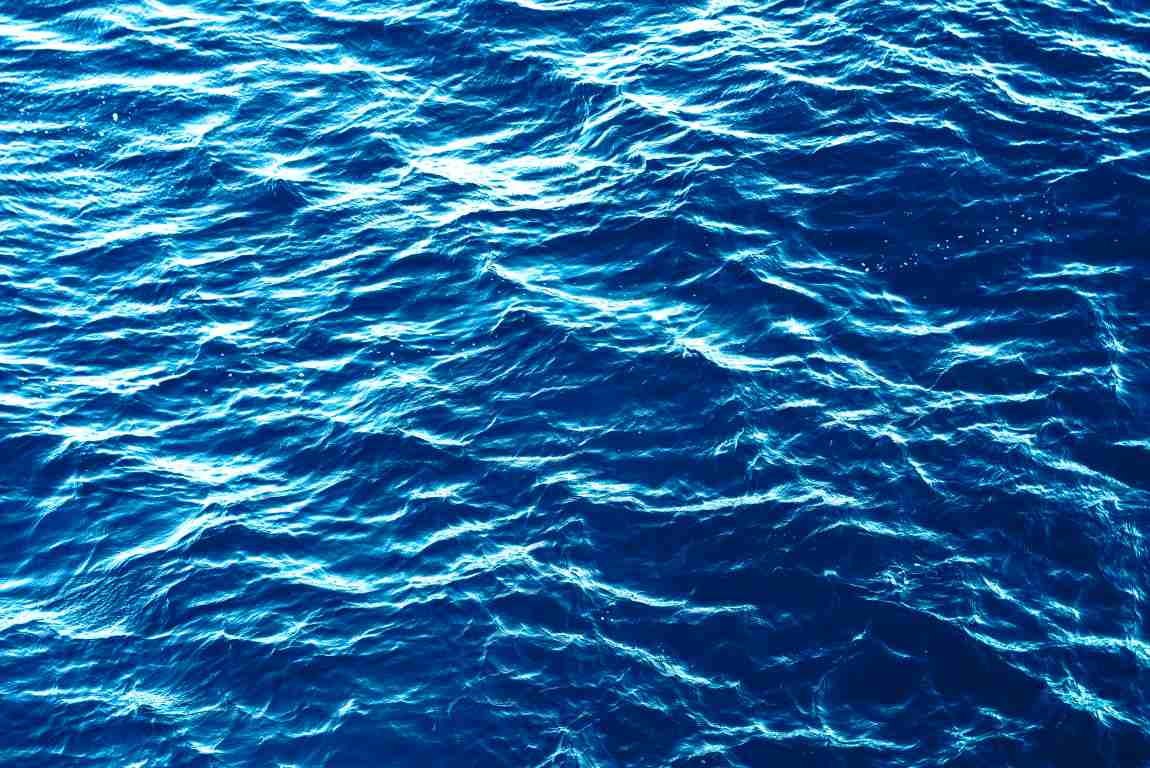New marine-based microbial fuel cells will overcome the need for batteries and ship-based or shore-based power cables.
University of Maryland – UM Researcher Stephanie Lansing received a Phase 1 $7.8M award from Defense Advanced Research Projects Agency (DARPA) to develop and test a biologically fueled energy source to power research and sensing devices throughout the world’s oceans.
There is a vast array of ocean sensing devices that provide critical information for understanding marine environments, monitoring climate change and maintaining national security. Many of these sensors are currently powered by long underwater cables or lithium-ion batteries.
Lansing is leading a large, collaborative effort that will overcome the need for batteries and ship-based or shore-based power cables by using microorganisms in ocean water and specialized bacteria to create a marine-based microbial fuel cell that can produce outputs of up to 10 Watts (0.01 kW) consistently for a year or more.
“This unique collaboration of interdisciplinary experts will produce a bioinspired system that has game-changing potential to provide direct electric power to improve sensing capabilities while protecting and limiting the impact to the environment through use of this unique bioenergy system,” said Lansing, a professor in the Department of Environmental Science and Technology at UMD.
The Persistent Oceanographic Device Power (PODPower) system she and her collaborators are developing will be suspended in the water column where it can collect and concentrate ocean microbes and bits of organic matter in a special fermentation chamber.
Bacteria in the fermentation chamber will pre-digest the concentrated material, producing a more highly efficient type of “food” for the second kind of bacteria which colonizes on the fuel cell electrodes and releases electrons for direct use.
The design relies on an innovative collection net inspired by unique aspects of fish gills, a corkscrew type auger that feeds the organic matter into the fermentation chamber, and a dual cathode system to drive the microbial fuel cell power to higher levels than previous microbial fuel cell systems.
PODPower is funded through DARPA’s BioLogical Undersea Energy, or BLUE, program, which supports the development and discovery of new and improved technologies that use ocean biomass to generate power and extend the life of ocean-deployed sensors.
In addition to the $7.8M granted for phase one development and deployment, an additional $3.4M is possible to support Phase 2, which will include deployment in multiple settings and generate 100 Watts of power (0.1 kW).
The first phase of the project will run through Summer 2026 and includes collaborators from eight other institutions including Battelle, George Washington University, Harvard University, UMD Baltimore County at the Institute of Marine and Environmental Technology (IMET), James Madison University, Johns Hopkins University, University of Delaware, and Yokogawa Corporation of America.
Article Source:
Press Release/Material by University of Maryland
Featured image credit: kdekiara | Freepik



